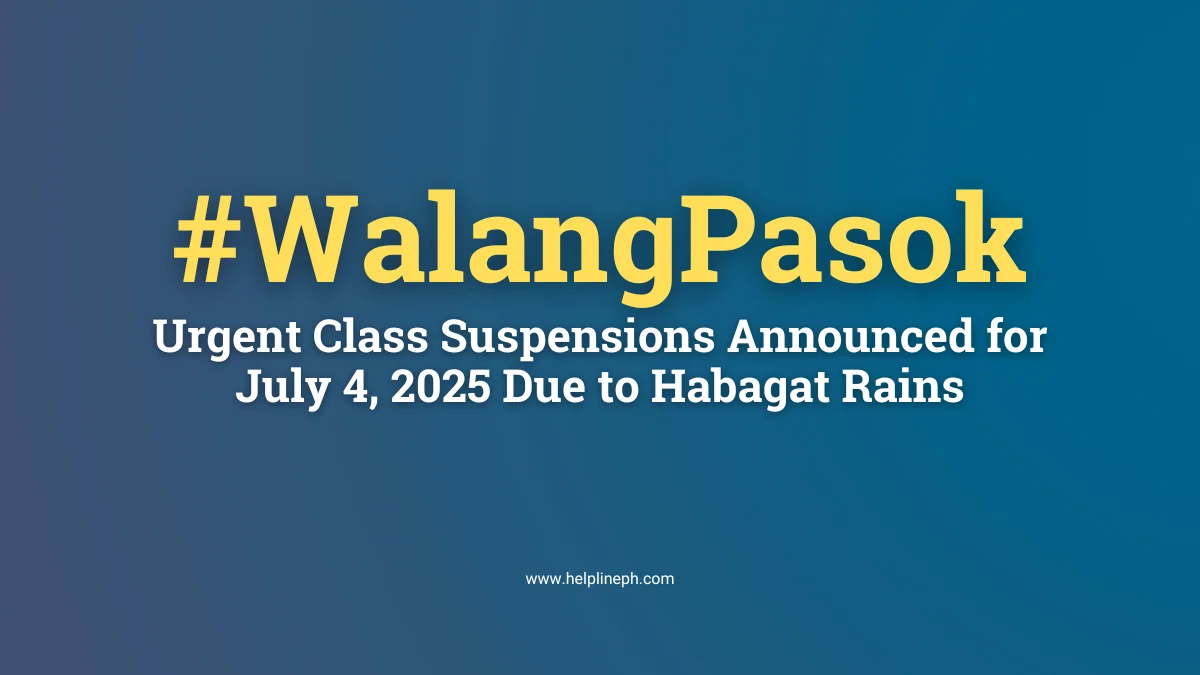Pag-IBIG, PhilHealth to raise mandatory contributions in 2024
The Pag-IBIG Fund, a key institution in the Philippines that provides housing finance, is currently awaiting the nod from Malacañang to implement a significant change in its contribution structure. As per a report by Mark Salazar on 24 Oras, the proposal involves doubling the monthly contributions from P100 to P200. This adjustment aims to bolster the fund with an additional P38 billion, thereby enabling an expansion of housing loans up to P1 million for members without the need to hike interest rates.
This proposed increase, however, has elicited mixed reactions from the public. For minimum wage earners, the additional financial burden is a cause for concern. “It’s going to be tough on our pockets since our wages are already on the lower end,” mentioned Mar, a security guard. Echoing this sentiment, Jun Cervantes, a fast-food employee, acknowledged the potential impact but emphasized the importance of adapting to financial exigencies. “We need to cut down on our expenses now so we can benefit from it later,” he added, suggesting a long-term perspective on the contribution increase.
Support for the increase comes from the Employers Confederation of the Philippines (ECOP), which views the additional contribution as an investment for workers’ future. ECOP President Sergio Ortiz-Luis Jr. stressed that the forced savings could earn interest, making it a beneficial move for workers in the long run. “We see it as an investment that benefits our employees, which is why we readily agreed to it,” he explained.
Amid these developments, another government entity, PhilHealth, is also proposing a 5% increase in mandatory contributions. This move is aimed at enhancing the health benefits for its members, including comprehensive coverage for treatments of tuberculosis, animal bites, and HIV-AIDS, which signify a considerable step forward in improving healthcare services in the country. PhilHealth’s proposed increase underscores the government’s commitment to strengthening healthcare support for Filipinos.
The simultaneous proposals by Pag-IBIG and PhilHealth to raise contributions reflect a broader initiative to improve the quality of social welfare services in the Philippines. While these proposed increases are designed to offer greater benefits in the long term, they also highlight the need for a thoughtful approach that takes into account the immediate financial impact on the Filipino working class. As these discussions progress, the balance between enhancing welfare services and ensuring affordability for members will be paramount in the decision-making process.






